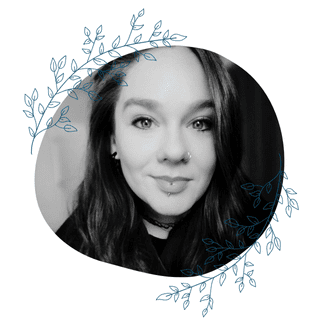Losing someone close to you is devastating, and brings some of the most raw and painful emotions in the human psyche to the surface, which can be incredibly hard to cope with. It can be overwhelming, and there are both healthy and unhealthy ways to cope while going through the stages of it.
Grief has a myriad of ways to be dealt with, and with the right support systems, many people can go on to heal and live happy, healthy lives. Unfortunately, one of the unhealthy ways of coping with the loss of a loved one is turning to substances. In society today, it is becoming a common coping mechanism in dealing with the grief of losing someone. However, because grief is different for everyone, there is no telling who could fall victim to the dangers of addiction. Thankfully, some signs can alert others that they are not coping well.
If someone begins showing changes in their behavior such as irritability or agitation, rapid changes in their routines or sleeping patterns, shows an unusual need for extra funds, starts losing concern for their own hygiene or personal well-being and you notice physical changes such as weight loss, bloodshot eyes, or smells of smoke and/or alcohol, they could be dealing with a new onset addiction to cope with their recent loss. These are not always an indicator of an addiction, but gently and compassionately asking how they are coping can give you a better idea of whether they are perhaps dealing with their grief in an unhealthy and self-damaging way.
Whether it is alcohol, illicit drugs or even prescription medications, overusing can turn into full-blown abuse of these substances, and then turn into a deep-rooted addiction that can overturn a once healthy individual into an individual who is gripping at the straws of life. Some of the damage that can come from abusing substances to cope with grief include:
- Financial problems
- Job loss
- Low self-esteem
- Strained relationships
- Insomnia
- Mental illnesses
- Liver damage
- Kidney failure
- Fatal overdoses
It is important to know that when someone slips into addiction because of grief, they are using it as a coping mechanism. There is no blame to be had towards them, and the best way to help them return to a healthier lifestyle is to give them support and help direct them in ways that can teach them to adopt that healthier lifestyle once again.
One of the things you can do is learn about addiction so you can provide information that is nonjudgmental and empathetic, such as finding support groups like AA or NA, developing a
harm reduction plan, offering information about local counseling or therapy, or if necessary, finding information about rehabilitation centers that may provide them with all of these things to help them return to a healthy life. These programs can help people develop skills (such as journaling, finding new hobbies, exercising or asking for help when they need it), to combat their need for substances to mask the emotional pain that they are feeling.
Addiction stemming from grief is something that cannot be predicted, but it can be dealt with using an empathetic approach to healing. If someone you know is dealing with a substance abuse issue, it is important to remain nonjudgmental and healthily offer your support to show them options in how they can heal and learn coping skills that are rooted in self-love and not destruction.
If you know someone struggling with an active addiction, get informed and find the support you need.

Hello! I’m Jessica, a mental health advocate and support worker from British Columbia, Canada, with a decade of experience in the field. My work spans substance abuse care and mental health, where I strive to foster safe spaces for sharing and healing. I specialize in addiction, anxiety, trauma, and grief, believing that with empathy, compassion, and community support, we can guide each other through life’s darkest moments. Together, we’re never alone.





Leave a Comment